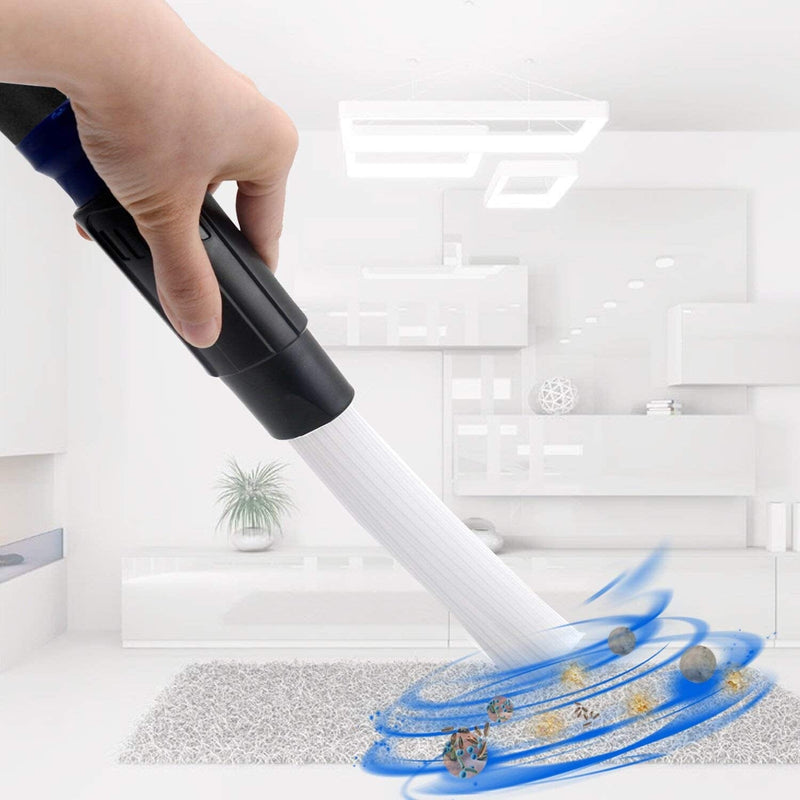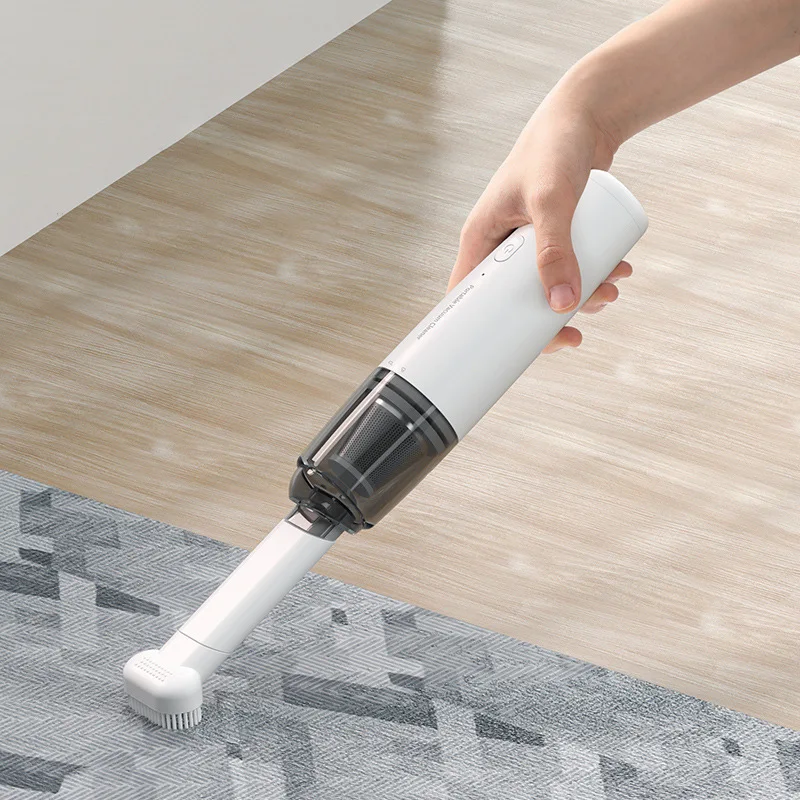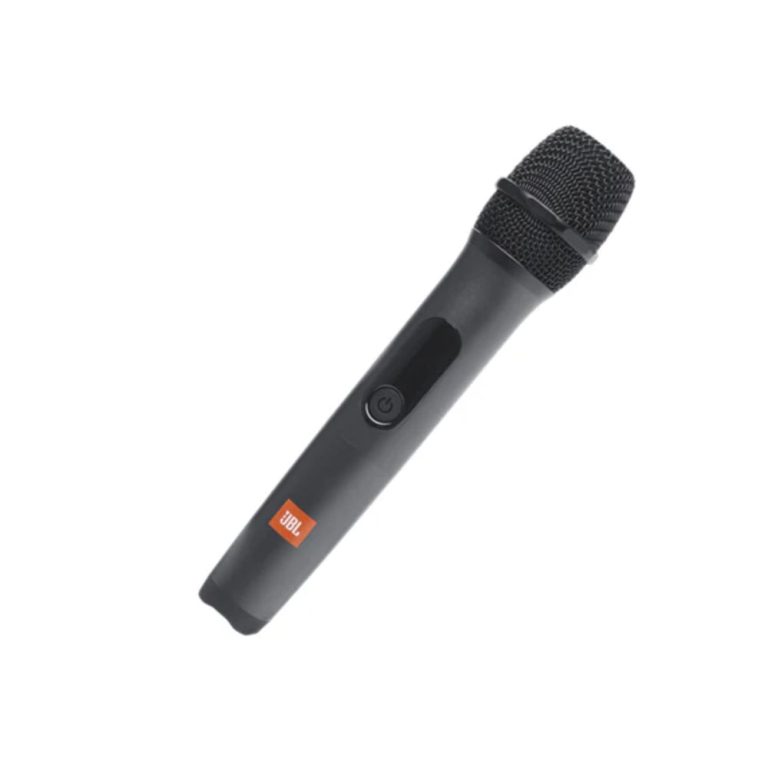Introduction to Vacuum Cleaner Disposal
How to get rid of vacuum cleaner? When the time comes to bid farewell to our trusty vacuum cleaners, knowing how to dispose of them sustainably is crucial. Why does this matter? Simply put, vacuums are complex devices made up of motors, hoses, filters, and plastics, many elements of which are not suitable for standard trash bins. The responsible disposal of these appliances isn’t just about decluttering our homes. It has significant implications for our environment and society.

Disposing of vacuum cleaners the right way can help reduce electronic waste, prevent pollution, save energy, and even contribute to the economy through recycling efforts. In this guide, we will explore various sustainable methods to get rid of your old vacuum cleaner. These methods include recycling, donating to those in need, or using manufacturer take-back programs. We will also address how to handle non-functional vacuums that cannot be donated or recycled.
By understanding the importance of proper vacuum disposal, we can all make a difference. Every action counts towards reducing the environmental burden of e-waste and promoting a cleaner, greener planet. Let’s delve into the next sections to discover the options we have at our disposal for environmentally friendly vacuum cleaner management.
Importance of Sustainable Vacuum Cleaner Disposal
Sustainable disposal of vacuum cleaners is essential. It lessens e-waste, which is growing globally. E-waste includes vacuums with metals, plastics, and hazardous materials. They should not end up in landfills. Proper disposal reduces pollution and microplastics in our ecosystems. It protects wildlife and human health. Recycled vacuums can save energy and materials. This lowers the carbon footprint of new products. Proper disposal supports the recycling economy, creating jobs. Every choice to recycle makes a positive impact. It reduces pollution and conserves resources. Remember to check local guidelines for vacuum disposal. Always opt for eco-friendly methods when possible. This guide will explore sustainable disposal options.
Options for Recycling Vacuum Cleaners
Recycling vacuum cleaners helps reduce e-waste and is a sustainable option. Here’s how to do it:
Identify Local Recycling Centers
Find nearby centers that accept vacuums. Check with your city’s waste management department.
Disassemble the Vacuum Cleaner
Take apart the vacuum cleaner. Remove the motor, hoses, filters, and other parts.
Clean the Parts
Clean off dirt and debris from all parts. This helps the recycling process.
Recycle According to Local Guidelines
How to get rid of vacuum cleaner? Bring the parts to the recycling center. Some centers may offer curbside pickup.

By recycling your vacuum, you can help prevent pollution and save energy. Also, you support the recycling economy. Remember, your choice to recycle has a positive impact on the environment.
Donating Your Old Vacuum Cleaner
If your vacuum still works, consider donating it. Many local charities and thrift stores welcome used appliances. Organizations like Goodwill and the Salvation Army refurbish and sell them affordably. Reach out to shelters or low-income housing groups; they might need your vacuum.
Preparing Your Vacuum for Donation
To ready your vacuum for donation, clean it well. Empty the bag or bin, and replace filters if possible. Include all accessories and attachments, like nozzles and hoses. A complete set is more useful to the next owner.
Benefits of Donating
Donating extends the life of your vacuum. It helps those in need and is good for the planet. Instead of ending in landfills, it serves someone else. Donating also reduces waste and the need for new resources.
Managing Non-Functional Vacuum Cleaners
When a vacuum cleaner stops working, it doesn’t mean it’s the end of the road. Non-functional vacuum cleaners still contain valuable components that can be recycled. Here are the steps to manage them sustainably:
Identify Recyclable Parts
Most vacuum cleaners have recyclable metals and plastics. Separate these parts from the non-recyclable ones.
Check for Hazardous Waste Collection
Vacuums may have batteries or electronic waste. Look for local hazardous waste collection events or facilities.
Contact the Manufacturer
Some brands offer recycling for their products. Reach out to the vacuum manufacturer for guidance.

Visit Specialty E-Waste Recyclers
Find e-waste recyclers that handle vacuum cleaners. They have the expertise to safely recycle electronic parts.
By following these steps, you ensure that valuable resources are reclaimed, and harmful materials don’t pollute the environment. Plus, you contribute to the circular economy, reducing the overall impact of electronic waste.
Understanding the Environmental Impact of Vacuum Disposal
When you dispose of a vacuum cleaner, the environmental impact can be significant. Vacuums often contain plastics that break down into microplastics. These can enter our food chain and ecosystems, posing health risks. Metals like lead and mercury in vacuums can leach into the soil, affecting groundwater. This threatens local ecosystems and our safe drinking water. Chemicals in vacuums may include flame retardants. If not handled correctly, they can release toxins into the environment.
To combat this, always aim to recycle your vacuum cleaner. Recycling conserves resources and saves energy needed to produce new vacuums. It also avoids the e-waste from landing in landfills and causing pollution. Research your local recycling centers that accept vacuums. Ensure all parts are separated and cleaned before recycling. If your vacuum is beyond repair, seek out e-waste recyclers specialized in electronic devices.
By understanding these impacts, you can make more informed decisions. Taking the right steps when getting rid of a vacuum cleaner can make a positive environmental difference. Consider these facts next time you need to dispose of a vacuum and choose a sustainable path.
Many vacuum cleaner brands offer take-back programs. These programs help ensure proper recycling or disposal. Take-back programs allow you to return your old vacuum to the manufacturer. They often handle the recycling process. This means your device will be disposed of responsibly.
Research Your Brand’s Policy
How to get rid of vacuum cleaner?Start by checking your vacuum’s brand policy. Look for take-back or trade-in options. Visit the brand’s website or contact customer service for details. They can provide instructions for returning your vacuum cleaner.
Prepare Your Vacuum for Take-Back
Before sending your vacuum, clean it and remove personal items. Gather all the accessories and make sure it’s packaged safely. Follow the brand’s guidelines for shipping or dropping off the equipment.
Benefits of Manufacturer Take-Back Programs
Using take-back programs has several advantages. It’s convenient and often free. It ensures your vacuum doesn’t end up in a landfill. These programs can also offer discounts on future purchases. You might also receive a credit for returning your old model.
Consider Buying from Brands with Take-Back Programs
When buying a new vacuum, consider brands with these programs. They show a commitment to environmental responsibility. It also makes future disposal easier for you.
By participating in manufacturer take-back programs, you support sustainable practices. It’s an easy way to help the environment. Remember to recycle and to be aware of eco-friendly disposal methods. Look for such programs the next time your vacuum needs replacing.
Local and Community Recycling Initiatives
Engaging with local and community recycling initiatives is an effective way to dispose of vacuum cleaners. These programs often provide specific guidelines for the responsible recycling of various items, including household appliances like vacuums. By participating, individuals not only support environmentally friendly practices but also contribute to community efforts that aim to minimize waste as a whole.
Find a Community Recycling Program
Contact city or county waste management to discover local recycling initiatives. Many communities hold scheduled collection events for electronic waste, where you can bring your old vacuum cleaner.
Participate in E-Waste Recycling Events
Look for announcements regarding e-waste recycling events. These are special occasions where you can responsibly dispose of electronic appliances while learning more about sustainability.
Volunteer for Community Clean-Ups
Join community clean-up events that advocate for waste reduction. Collaboration with neighbors heightens awareness and tackles local pollution issues collectively.
Support Local Recycling Centers
Supporting local recycling centers by utilizing their services ensures vacuums are recycled appropriately. It also bolsters the local economy and promotes jobs in the recycling sector.
Spread Awareness
Educate friends and family about how to get rid of vacuum cleaners sustainably. Share information about recycling programs and the importance of proper e-waste management.
By staying informed and engaged with local and community initiatives, you foster a culture of sustainability. Your actions contribute to better waste management, aid environmental conservation, and further the reach of recycling efforts. Remember, every vacuum saved from the landfill is a step towards a cleaner planet.
Frequently Asked Questions on Vacuum Cleaner Disposal
Dealing with an old vacuum cleaner can raise several questions. Here are some common ones answered.
Can I put my vacuum cleaner in the trash?
No, don’t toss it in your regular trash. Vacuum cleaners have parts that must be recycled properly.
Are vacuum cleaners considered e-waste?
Yes, they have electronic components and should be taken to e-waste recycling centers.
How do I scrap a vacuum cleaner?
Disconnect it, break it down, and separate its parts. Metals and plastics are often recyclable.
What to do if my vacuum still works?
Consider donating it. Places like thrift stores and charities often accept working appliances.
Can I donate a vacuum with missing parts?
Yes, some organizations might accept it for refurbishing or spare parts.
How do I find a recycling center for my vacuum?
Look online or call your local waste management department for nearby locations.
What if my vacuum cleaner is broken?
You can still recycle it. Some parts like the metal and wiring can be reclaimed.
Do manufacturers take back old vacuums?
Many do offer take-back programs. Check with your vacuum’s manufacturer for details.
Is there a way to repurpose my old vacuum?
Absolutely. Creative individuals can re-use parts for various DIY projects.
Remember, when disposing of your vacuum, always seek the most eco-friendly option. Your actions can have a big impact on the environment.


